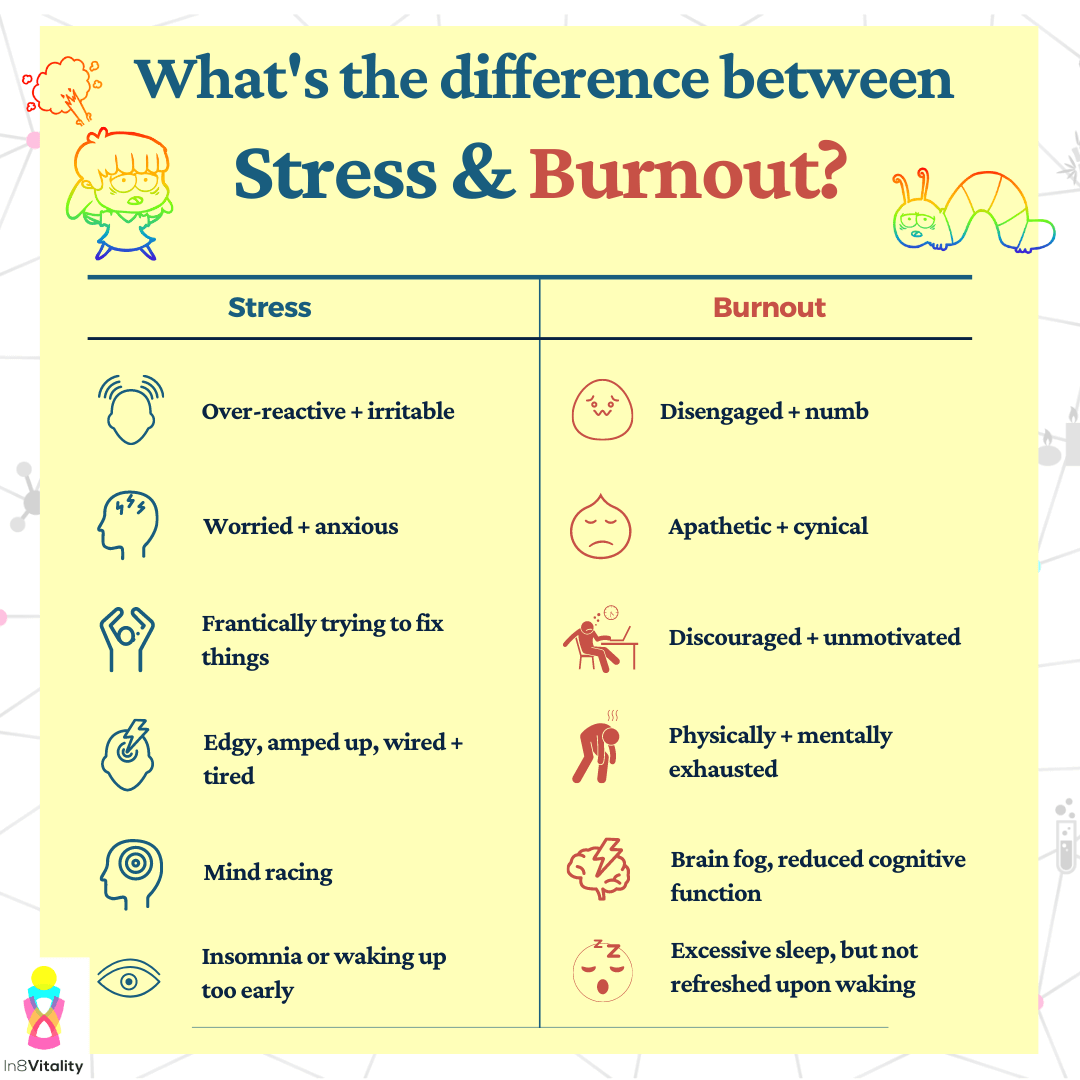Nurturing your mental well-being: Part 1
Since 1992, October 10 has been recognized as World Mental Health Day, focusing on providing mental health resources, raising awareness and fighting social stigma. By the numbers:
- Approximately 970 million people worldwide struggle with mental illness
- Over 300 million people are affected by depression, irrespective of their economic status, age, race, etc.
- The fourth leading cause of death in people ages 15-29 is suicide
- The COVID-19 pandemic drastically increased the global prevalence of anxiety
In the world of research and academia, it can be easy for the demands of the field (e.g., getting published, securing funding, establishing work/life balance) to take a toll on mental well-being, leading you to feel overwhelmed, anxious and/or stressed.
Prioritizing your mental health is vital. As we commemorate World Mental Health Day, take some time to review these helpful tips and insights to help you thrive in nurturing your mental health.
Stress and Burnout
Clinician-scientists at all levels encounter stress, anxiety and other difficult feelings. It can be work-related like completing grant applications, traveling, learning new methods, meeting multiple deadlines, or joining a new team. Additional stressors can come from outside of the workplace leading to difficulties in balancing personal and work life. Whether you’re a parent, caregiver, living with a disability, or coping with a death, all of these can become very burdensome.
Scientists may also encounter burnout, a state where one feels emotionally, physically and mentally exhausted. As stress persists, an individual loses enthusiasm and drive. Burnout diminishes productivity and drains one’s energy, leading to feelings of hopelessness, helplessness, cynicism and resentment. Burnout can also leave your body susceptible to illnesses due to exhaustion.
Though burnout and stress sound similar, they are not. Stress is a response and burnout is a state caused by long-term stress.

Here are some recommended tools that may help in reducing stress and dealing with burnout.
- Stress Screener. Mental Health America (MHA)
- 7 Steps to Manage Stress and Build Resilience. NIH Office of Research on Women’s Health (ORWH)
- Practice innovation strategies: Physician burnout. The American Medical Association
- Notice. Talk. Act. ® at Work. The American Psychiatric Association, Center for Workplace Mental Health (e-learning training module to assist managers, supervisors, and leaders in creating a healthy workplace)
- Our Best Mental Health Tips – backed by research. Mental Health Foundation UK
Also, take a look at some ways ARVO members are taking care of their mental well-being.
NOTE: The information provided in this blog is for informational purposes only. It is not intended to be a substitute for professional medical advice or treatment. Always seek the advice of your physician or other qualified healthcare providers with any questions you may have regarding a medical condition or treatment.
References
Children's HopeChest (2022, December 12). Global Mental Health Statistics. Retrieved April 14, 2023.
Huecker, M. R., Shreffler, J., McKeny, P. T., & Davis, D. (2023, July 31). Imposter Phenomenon - statpearls - NCBI Bookshelf.
National Institutes of Health, Office of Intramural Training and Education. Becoming a Resilient Scientist (BRS) series.
Melinda Smith, M. A. (2023, February 24). Burnout Prevention and Treatment. HelpGuide.org.
Boone A, Vander Elst T, Vandenbroeck S and Godderis L. (2022, May 27). Burnout Profiles Among Young Researchers: A Latent Profile Analysis. Front. Psychol. 13:839728. doi: 10.3389/fpsyg.2022.839728
